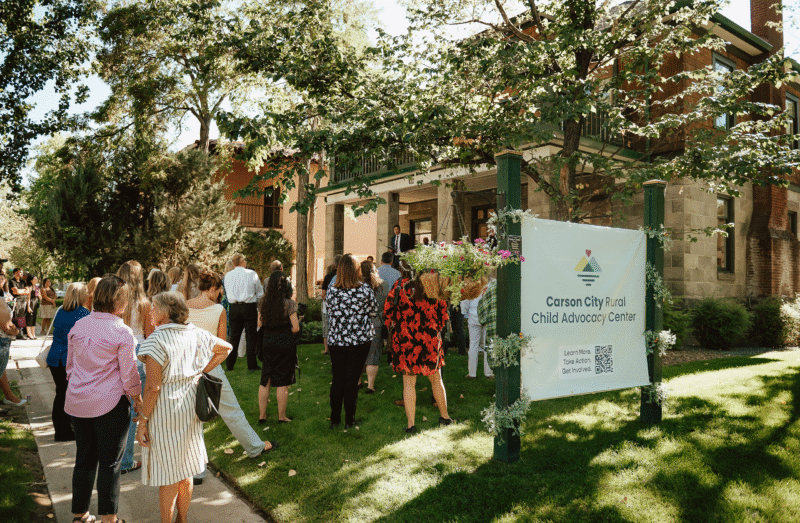
Approach : Services
Victim Support and Advocacy
Up-to-date information and ongoing access to comprehensive advocacy services are critical to a child and family’s well-being and ability to participate in an ongoing investigation, possible prosecution, intervention, and treatment.

Trauma-Informed
Ang Ating Diskarte
Research demonstrates that parent/caregiver support is essential to reducing trauma and improving outcomes for children and family members. Victim advocates provide services and resources to ensure a consistent and coordinated comprehensive network of support for each child and family. Children and families in crisis need assistance in navigating the multiple systems involved in the Child Advocacy Center response. Specific victim support services may be provided in a variety of ways, as dictated by the needs of the clients and case, such as:
- Employing staff members with varying job titles to perform advocacy functions (e.g., family advocates, care coordinators, victim advocates and child life specialists, among others)
- Linking with local community-based advocates, including, but not limited to domestic violence advocates, rape crisis counselors, Court Appointed Special Advocates and advocates at culturally specific organizations
- Linking with system-based advocates (e.g., law enforcement victim advocates, prosecutor-based victim witness coordinators)
- Combining victim support services depending upon the individual needs of children and families.
National Standards
We adhere to all the CAC accreditation standards of the National Children’s Alliance. Victim advocates have specialized training that includes a minimum of 24 hours of instruction and ongoing education in dynamics of child abuse, trauma-informed services, crisis assessment and intervention, risk assessment and safety planning, professional ethics and boundaries, understanding the coordinated multidisciplinary response , understanding, explaining, and affording of victim’s legal rights, court education, support, and accompaniment, knowledge of available community and legal resources, referral methods and assistance with access to treatment and other services, including protective orders, housing, public assistance, domestic violence intervention, transportation, financial assistance, and interpreters, among others as determined for individual clients, cultural responsiveness and addressing implicit bias in service delivery, caregiver resilience, domestic violence/family violence/ children’s exposure to domestic violence. Victim advocates provide the following constellation of services:
- Crisis assessment and intervention, risk assessment and safety planning and support for children and family members at all stages of involvement with the CAC
- Assessment of individual needs, cultural considerations for child/family and help to ensure those needs are being addressed in concert with the MDT and other service providers
- Presence at the CAC during the forensic interview in order to participate in information sharing with other MDT members, inform and support the family regarding the coordinated, multidisciplinary response, and assess needs of children and non-offending caregivers
- Provision of education and assistance in ensuring access to victim’s rights and crime victim’s compensation
- Assistance in procuring concrete services (housing, protective orders, domestic violence intervention, food, transportation, public assistance, civil legal services, etc.)
- Provision of referrals for trauma-focused, evidence-supported mental health and specialized medical treatment, if not provided at the CAC
- Facilitating access to transportation to interviews, court, treatment, and other case-related meetings
- Engagement with the child and family to help them understand the investigation/ prosecution process and help ensure understanding of crime victims’ rights
- Participation in case review to communicate and discuss the unique needs of the child and family and associated services planning; and help ensure the coordination of identified services and that the child and family’s concerns are heard and addressed
- Provision of case status updates to the family, including investigations, court date, continuances, dispositions, sentencing and inmate status notification (including offender release from custody)
- Provision of court education and support, including court orientation and accompaniment
